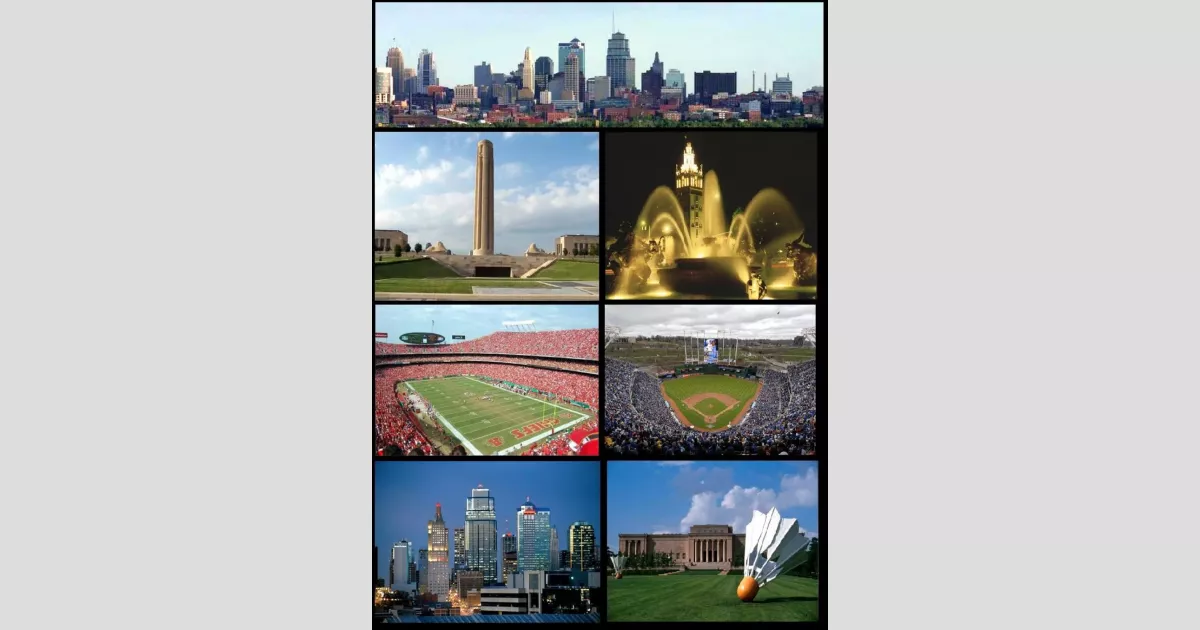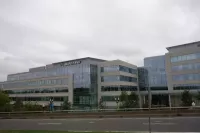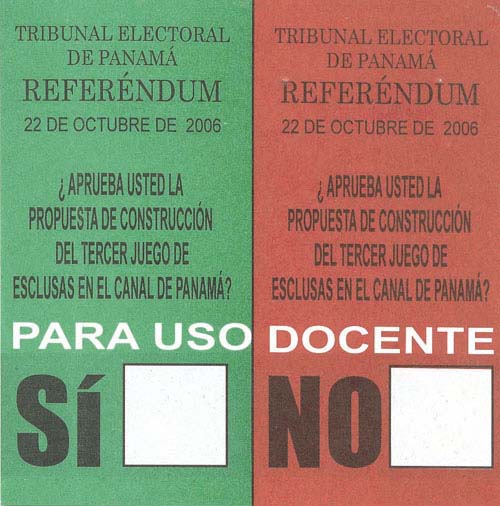The Kansas City metropolitan area is a bi-state region spanning 8,472 square miles across Missouri and Kansas. As the second largest metropolitan area centered in Missouri and the largest in Kansas, it boasts a population exceeding 2.2 million. Key urban centers within the area include Kansas City, Missouri, Overland Park, Kansas, Kansas City, Kansas, Olathe, Kansas, Independence, Missouri, and Lee's Summit, Missouri.
1966: Voters Approve Upgrades for Mid-Continent International Airport
In 1966, voters approved a bond issue to fund $150 million in upgrades for Mid-Continent International Airport, which would later become Kansas City International Airport.
1972: Charles B. Wheeler Downtown Airport's Transition
Until 1972, when Kansas City International Airport became the primary airport, Charles B. Wheeler Downtown Airport served as the area's main airport.
2000: Kansas City Metro Area Voting Patterns
Since 2000, the Kansas City metro area has demonstrated its status as a swing metro area by consistently alternating its support between the Republican and Democratic parties in presidential elections.
July 2005: Launch of Kansas City's First Bus Rapid Transit Line
July 2005 marked the introduction of the Metro Area Express (MAX), Kansas City, Missouri's inaugural bus rapid transit line. The MAX connects key locations such as River Market, Downtown, Union Station, Crown Center, and Country Club Plaza.
2009: Kansas City Kansan Transitions to Online Format
In 2009, the Kansas City Kansan, serving Wyandotte County, transitioned from its print format to an online-only publication.
December 12, 2012: Voters Approve Funding for KC Streetcar
On December 12, 2012, a ballot initiative to secure funding for the construction of the $102 million KC Streetcar line received approval from voters.
August 2014: Cerner Corporation Acquires Siemens Healthcare
In August 2014, Cerner Corporation, a global healthcare IT company, made a significant move by acquiring its competitor, Siemens Healthcare.
2015: Economic Impact of Kansas City Metropolitan Area
In 2015, the Kansas City metropolitan area played a substantial role in the economic output of both Kansas and Missouri, contributing to 40.9% and 22.7% of their respective total GDPs.
May 2016: KC Streetcar Opens to the Public
The KC Streetcar, a 2.2-mile modern streetcar line in Downtown Kansas City, officially opened to the public in May 2016.
2018: Job Growth Comparison
Between 2018 and 2019, Kansas added 13,000 jobs while Missouri added 6,500 jobs, highlighting a significantly higher job growth rate in Kansas.
2018: Kansas City Metropolitan Area Population
In 2018, the population of the Kansas City metropolitan area (MO-KS) was recorded as 2,106,632.
2019: Employment Distribution and Growth in Kansas City
In 2019, the employment distribution in the Kansas City metro area saw Missouri accounting for 56% and Kansas accounting for 44% of jobs. Kansas experienced a significant job growth of 2.7% compared to Missouri's 1.1% growth during this period.
2022: Kansas City CSA Population
In 2022, the population of the Kansas City CSA (Combined Statistical Area) reached 2,209,152.
February 28, 2023: Opening of New Terminal at Kansas City International Airport
On February 28, 2023, a new single-terminal building was inaugurated at Kansas City International Airport (MCI) to enhance its design, operational efficiency, and overall passenger experience.
Trending

2 months ago Beyoncé and Jay-Z Spotted in Qatar: Headscarf Sparks Debate.
5 months ago USDA invests $152M in Iowa rural communities, announced by Secretary Rollins at Iowa State Fair.
9 months ago Suriname faces discrimination concerns, Dutch appeal, and a company rebranding for exploration.

7 months ago Robert Plant reflects on Led Zeppelin's best performance and early vocal dislikes.

3 months ago Heidi Klum Shares Rare Family Photos Celebrating Daughter Lou's Sweet 16th Birthday
2 months ago Heavy Downpours and Strong Winds Expected to Impact Boston Commute on Monday
Popular

Stranger Things created by the Duffer Brothers is a popular...

XXXTentacion born Jahseh Dwayne Ricardo Onfroy was a controversial yet...
The Kennedy Center Honors are annual awards recognizing individuals and...
Turning Point USA TPUSA is an American nonprofit organization founded...

Bernie Sanders is a prominent American politician currently serving as...

Candace Owens is an American conservative political commentator and author...


